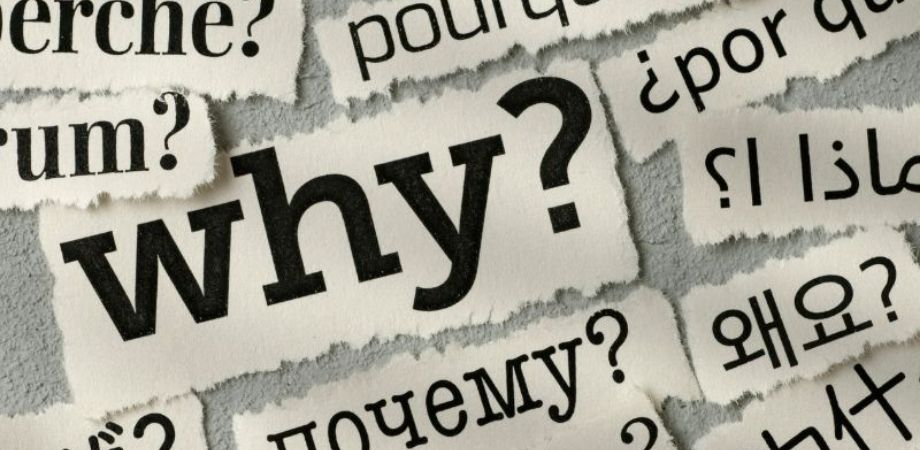The United Nations designated 30 September as International Translation Day, officially declared on 24 May 2017. This global observance celebrates the noteworthy contributions of language professionals, translators, and interpreters worldwide. Aligned with the feast day of St. Jerome, this occasion underscores the mission of translators and translation services in facilitating intercultural communication, advancing peace, and contributing to global development. International Translation Day serves as a platform to acknowledge the valuable work of language professionals within both local and international communities. Additionally, it serves as a day for the United Nations to recognize the critical role of translation services in strengthening international relations, fostering dialogue, and promoting global cooperation.
History of International Translation Day

International Translation Day, although it began in 1953, went through the process of official recognition and designation as a special day by the United Nations until 2017. International Translation Day is celebrated on September 30, the same day as the feast of St. Jerome. St. Jerome is a Christian scientist who translated the Bible into Latin, he holds the title of the “Patron Saint of Translators”. International Translation Day (ITD) is celebrated by the Federation of International Translators (FIT). It is a day to honor the work of translators in breaking down linguistic barriers and promoting international unity.
Following the official recognition of the date, the UN and various organizations around the world commemorate it with various events. The International Federation of Translators selects a specific theme for this day each year, with past themes including “A World Without Barriers” (2022) and “United in Translation” (2021).
Why September 30th?
International Translation Day is a special day celebrated annually on 30th September. This date coincides with the feast of the Christian scholar and translator St Jerome. St Jerome was an important figure who translated the Bible from Greek into Latin, making it accessible to a wider audience, and is remembered as the patron saint of translators.
30th September is significant as the date of St Jerome’s death in 420. This date has been chosen as International Translation Day. On this special day, translators celebrate St Jerome’s legacy, highlight his efforts to unite the world across language barriers and express their commitment to the translation profession.
Who were The First Translators?
The inquiry into the first translators is a historical exploration of the translation of written works that emerged across diverse cultures throughout history. The earliest documented translation is believed to be the Epic of Gilgamesh, composed in Mesopotamia around 2000 BC. Originally inscribed in Sumerian using cuneiform, it underwent translation into various other Asian languages. The Rosetta Stone, discovered in Memphis, Egypt, and dating back to 196 BC, features a text written in three distinct languages.
While pinpointing the exact identities of the first translators remains impossible, it is likely that they resided in Mesopotamia, Anatolia, and Egypt. However, more detailed information about the first officially recognized translator is associated with Saint Jerome, who lived around 400 CE. He translated the Bible from Hebrew and Greek into Vulgar Latin.
Why Celebrate International Translation Day?

Translation serves as a crucial tool for delving into diverse human experiences across various cultures. In addressing global challenges such as climate disasters and geopolitical tensions, translation assumes a pivotal role in diplomatic efforts, fostering multilateral cooperation, advancing sustainable development, and safeguarding human rights. Language, being an intrinsic aspect of our communication needs, is a distinctive feature that binds us.
While navigating communication across a multitude of languages presents challenges, translators and interpreters play a crucial role in promoting mutual understanding and overcoming linguistic barriers. Language rights encompass the entitlement of individuals to use the language of their preference, with interpreters serving as essential facilitators of basic communication, especially during times of crisis.
Within the humanitarian domain, translators and interpreters serve as essential links, facilitating outreach, representation, and support for the most vulnerable populations. With a deep understanding of cultural, political, and ethical issues, translators bravely serve by facilitating access to healthcare during challenging times such as pandemics.
Literary translation breaks down cultural barriers, revealing the universality of each story and offering readers the opportunity to make a common connection through works written in different languages.
How to Celebrate International Translation Day?
There are diverse creative opportunities to commemorate International Translation Day.
Numerous activities, both significant and modest, can be undertaken to express appreciation and honor the contributions of translators. Here are some ideas for commemorating this special day:
1. Read a Translated Work
Take advantage of this special occasion to express your support for translators by exploring translated works, such as fiction, poetry, or non-fiction from different languages.
2. Learn a Foreign Language
Turn this day into a language adventure by trying to learn a new language. You can try language learning apps or Youtube videos for the language you choose.
3. Watch a Translated Film
Support translators and voice actors by watching foreign films with either dubbing or subtitles.
According to the most recent statistics, there are about 7,100 different languages in the world. Language translation service providers and transcreation services receive hundreds of requests for translation every day. Thanks to professional translators, we are able to break down language barriers around the world.



